Despite the severe fighting in northern Shan State, two significant Shan armies, the Shan State Progress Party/Shan State Army (SSPP/SSA) and the Restoration Council of Shan State/Shan State Army (RCSS/SSA), have maintained a particularly non-participation approach.
The conflict has caused numerous casualties, injuries, arrests, and the displacement of over 50,000 people, with ongoing artillery shelling and airstrikes further exacerbating the situation.
The Three Brotherhood Alliance, comprised of the Myanmar National Democratic Alliance Army (MNDAA), the Ta’ang National Liberation Army (TNLA), and the Arakan Army (AA), along with the Bamar People Liberation Army (BPLA) and factions of the National Unity Government/People’s Defence Force (NUG/PDF), launched a surprise offensive against the military junta on October 27 under the label of “Operation 1027.”
The surprise assault caught the military junta off guard, causing Myanmar’s military-appointed president to voice alarm on November 9 about the country’s possible breaking down as a result of insufficient counter-insurgency efforts.
According to reports, the Three Brotherhood Alliance has effectively conquered a number of towns and military strongholds. Over 100 military bases are under threat, possibly leading to the loss of control over important border crossings, which account for nearly 40% of cross-border commerce and serve as a critical source of tax income, according to the United States Institute of Peace.
While the Three Brotherhood Alliance openly pursues the goal of establishing autonomous states, the two Shan armies, the SSPP/SSA and the RCSS/SSA have maintained a conspicuous silence, refusing to take any decisive action in the current situation. This silence is not entirely surprising, as the Shan armies have refrained from engaging in direct conflict with the military junta since the 2021 coup. In contrast, other ethnic armed groups including the Kachin Independence Army (KIA), the Karen National Union (KNU), the All-Burma Student’s Democratic Front (ABSDF), and the Chin National Front (CNF), have actively engaged in violent opposition to the military rule.
The SSPP expresses its intention to collaborate with non-Shan ethnic armed organizations as a member of the Federal Political Negotiation and Consultation Committee (FPNCC), a bloc headed by the United Wa State Army (UWSA) that includes the Three Brotherhood Alliance. The UWSA, benefiting from a ceasefire since 1989, has ceased from engaging in direct conflict with the military junta. Consequently, the SSPP, aligned with the FPNCC and close to the UWSA, maintains a measured distance.
The RCSS, on the other hand, is dedicated to resolving the conflict through the Nationwide Ceasefire Agreement (NCA)-based negotiating process. Actively participating in peace meetings with the military junta post-coup, the RCSS pursues a diplomatic avenue in contrast to the Three Brotherhood Alliance’s military offensive.
As the situation worsens, with people enduring suffering, the Shan armies, representing the interests of the people, have opted for a wait-and-see approach. The looming issue is whether this measure will be effective, or if it will be too late to address the escalating upheaval.





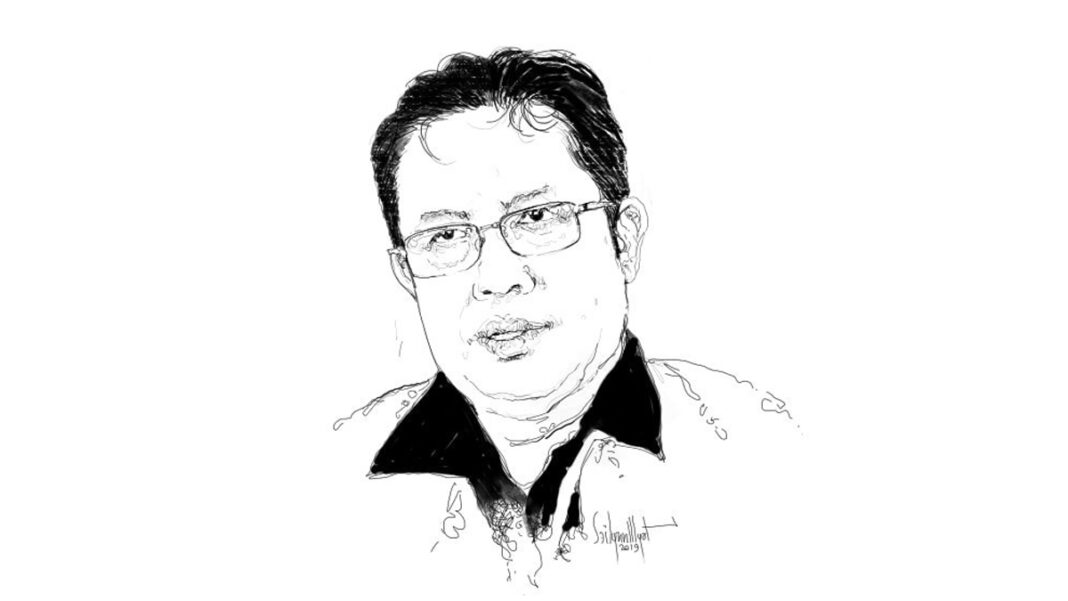
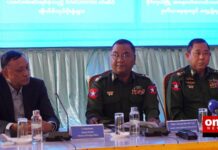

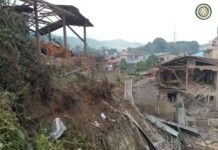
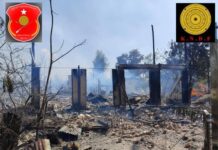
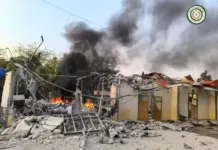






Leave a Comments